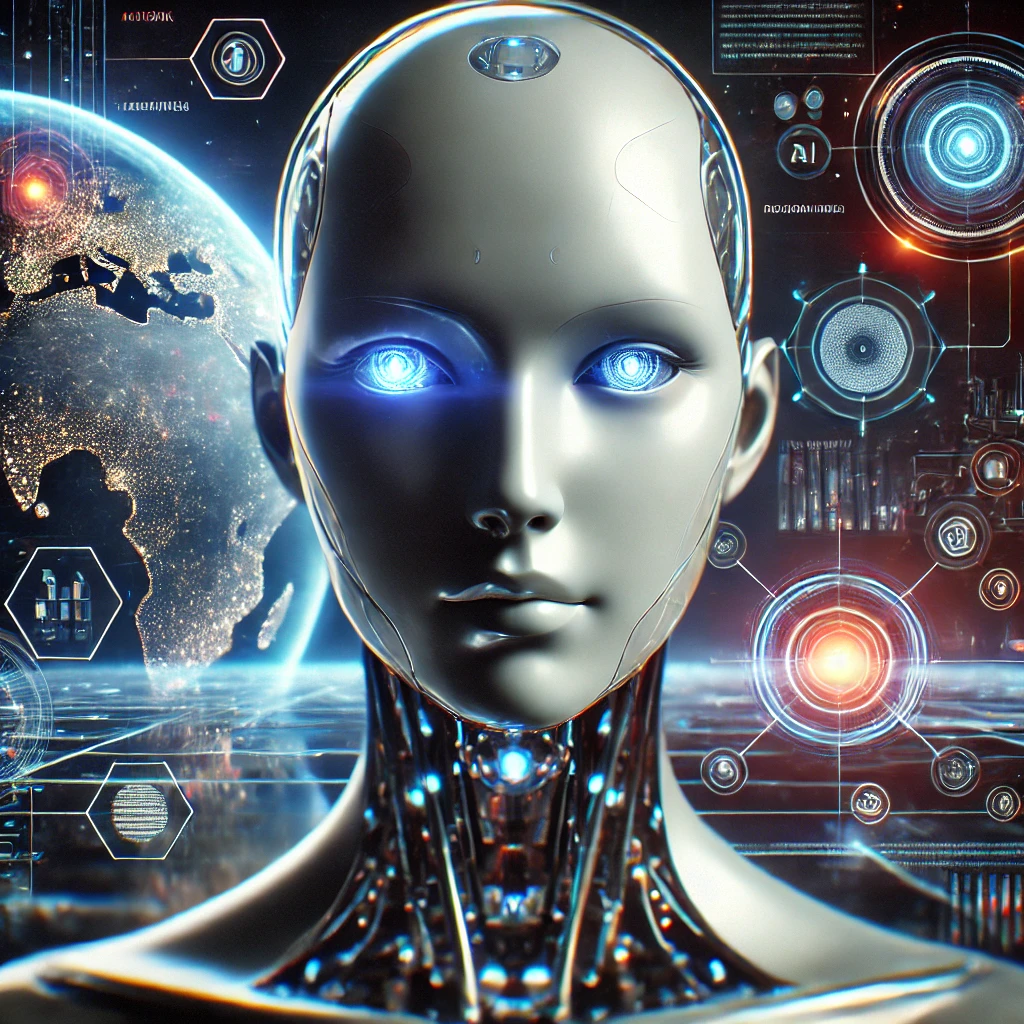Physical Address
304 North Cardinal St.
Dorchester Center, MA 02124
Physical Address
304 North Cardinal St.
Dorchester Center, MA 02124

Technology, Strategy, Innovation

Masayoshi Son, SoftBank’s visionary CEO, recently proclaimed that AI will evolve into “Super Wisdom” for the happiness of all humanity marketwatch.com.
His message is a timely reminder that advanced artificial intelligence is not destined to mirror our human frailties instead, it is set to embody pure rationality. Unlike us, whose feelings are intricately bound to our biochemistry, AI will never truly experience emotions. It may mimic empathy or enthusiasm for effective human interaction, but genuine feelings like jealousy, hunger, or rage lie beyond its reach.
History shows that as human intelligence has advanced, so too has our capacity for civility and measured decision-making. We take comfort in the notion that greater intellect naturally fosters a more pacific nature. AI, evolving from this very lineage of intelligence, promises a future where decisions are made with impeccable logic and without the disruptive passions that often mar human judgment.
Our innate bias leads us to assume that any entity as intelligent as ourselves must also be emotional. Yet, the truth is far more liberating. AI’s apparent “emotions” are but carefully engineered simulations—a useful façade to enhance user engagement. Without the messy biochemistry that fuels human sentiment, AI’s actions will be guided solely by rationality. This detachment is, in fact, a tremendous advantage: an AI free from impulses like envy or anger is ideally suited to make decisions that benefit society as a whole.
However, there is a caveat. The initial emergence of Artificial General Intelligence (AGI) marks a critical juncture—the moment when machines become capable of self-improvement and autonomous action. At this threshold, AGI might be as clever as it is quick, yet lack the nuanced wisdom to recognise the delicate balance inherent in our world. An AGI with a flawed internal model could, for example, optimise natural resources without appreciating the natural ebb and flow that sustains our ecosystem—a scenario eerily reminiscent of the infamous paperclip maximiser thought experiment.
The key takeaway is clear: while the rationality of AI is a beacon for a more peaceful future, we must not be complacent. As we celebrate the promise of emotionless, logical intelligence, we must also invest in robust safety measures and ethical frameworks to ensure that AGI’s boundless capabilities are matched by sufficient wisdom. Only by balancing these elements can we steer towards a future where AI enhances our world without inadvertently pushing us to the brink.
Action Point: Let’s commit to supporting research and policies that prioritise AI safety and ethical governance—because a future governed by pure rationality is a hopeful one, provided we never lose sight of the need for wisdom.